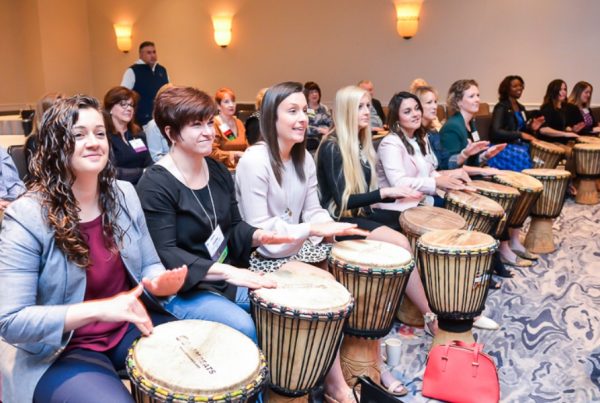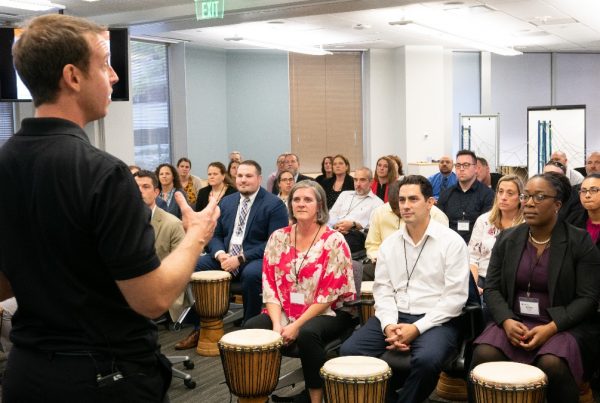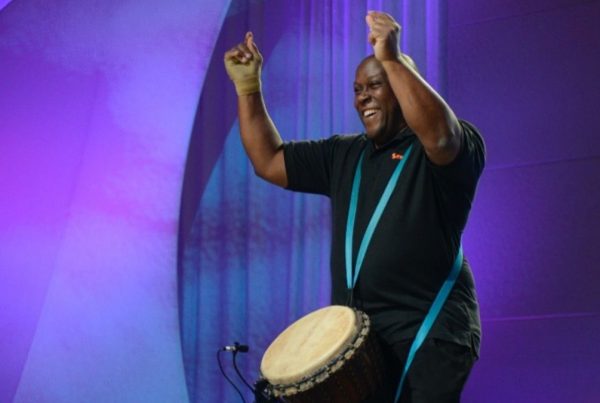We’ve all been there and done that. The day-long meeting that could have been a one-hour conference call; The training session that was as memorable as watching paint dry; The two day off-site that left us scratching our head asking what the point was. According to the Harvard Business Review, 71% of senior managers report that meetings are unproductive and inefficient. It’s a common tale but true: the professional world is full of meetings, training sessions, and events that just fall flat.
Compare that to the fact that meetings generated $325 billion in direct spending in 2016 alone, according to the report “Economic Significance of Meetings to the US Economy.” Event stakeholders are spending big money because they want to have an impact, and they want to drive a result. But the intended results often fall short. One way to bridge the gap is to think of meetings and training sessions in the context of the overall experience that we are creating for the participants.
Why think in terms of experience? Because it works. Cognitive scientists tell us that we remember more through experience than through passive exposure. More importantly, we can then apply what we remember where the tires meet the road (read as “on the job.”) This creates a win-win for both participants and stakeholders. Participants are engaged and come away with actionable information, and this drives ROI for the event stakeholders. Creating experiences is a win-win because it generates engagement, and that produces results.
And no, thinking in terms of experience is not generationally dependent. Yes, research by the Harvard Business Review says that millennials are seeking to be engaged. But research by Gallup that goes back decades shows the connections between engagement and business results. Across the board, teams at the top of the engagement scale have four times the success rate as those at the bottom of the engagement scale. In other words, thinking in terms of experience and engagement only works as long as the people attending your event are actually people.
In summary, nobody wants to be bored, nobody wants to feel like they’ve wasted their time, and nobody wants to feel like they’ve wasted their money. People don’t have events for no reason. Meetings and training sessions happen because there is a result to drive and communications to deliver. Thinking in terms of experience can allow us to create an impactful event that delivers memorable substance for the attendees, and provides ROI for the stakeholders who are footing the bill.
Contact us to discuss how you can use our experiential drumming programs to drive engagement at your next next team building event, meeting, conference or communication skills training program.





